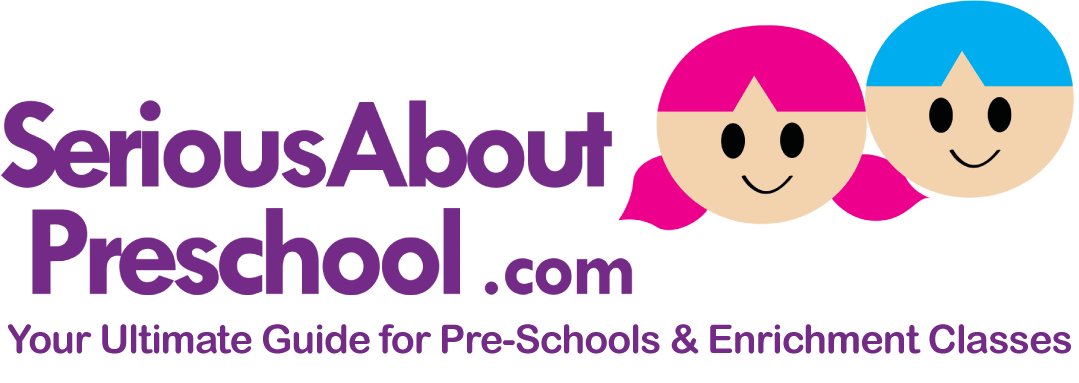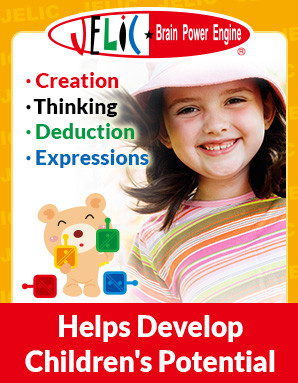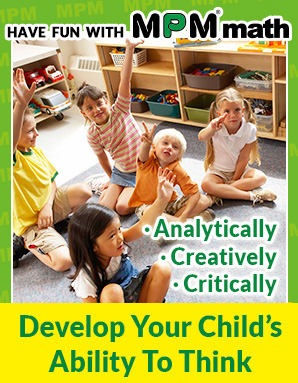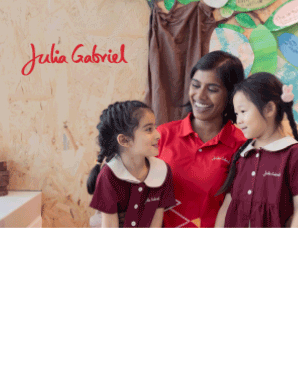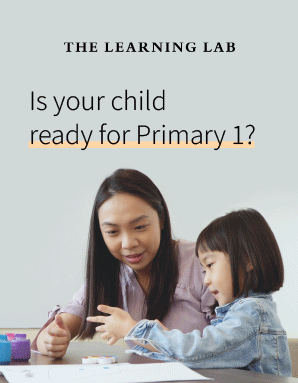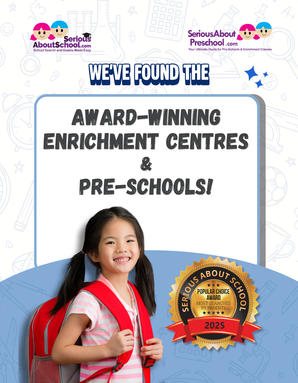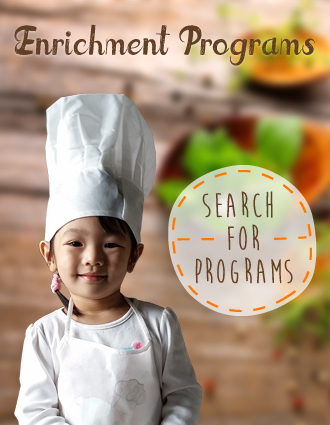Nurturing Independence
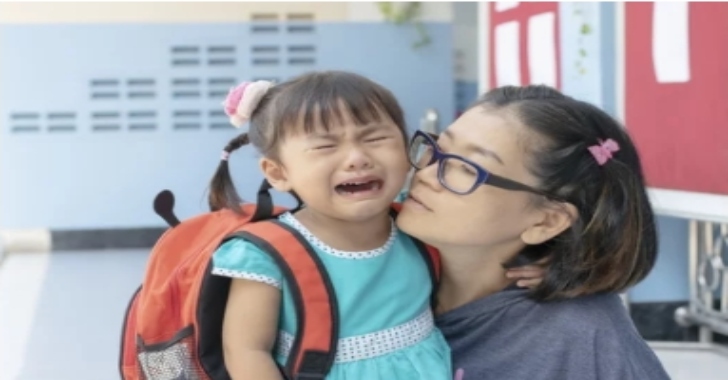
Separation anxiety is a normal part of a child's development, and with time, most children adapt and become more comfortable with separation.
Strategies for Dealing with Separation Anxiety in Children
Separation anxiety can be a challenging experience for both children and parents. Whether it's starting daycare, a new school year, or any new situation that involves being away from parents, children may exhibit clinginess, tears, and even physical symptoms like stomachaches. As parents, it's important to understand how separation anxiety affects children and learn effective strategies to help them cope and build confidence in navigating new experiences. As parents, it's important to understand how separation anxiety affects children and learn effective strategies to help them cope and build confidence in navigating new experiences. In this article, we'll explore four key points for dealing with separation anxiety and fostering a sense of independence in children.
1. Establish a Consistent Routine:
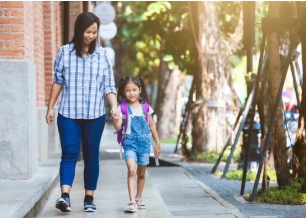
Routine is key for toddlers and preschoolers. Working with the daycare provider to establish a daily routine with quick drop-offs is important. Lingering during drop-offs may send the message that it's not safe to separate. The child should be able to bond with a specific caregiver who can redirect their attention to a favourite activity. At home, parents can talk about the steps of the routine and emphasise the presence of friends at daycare.
2. Gradual Exposure to Separation:
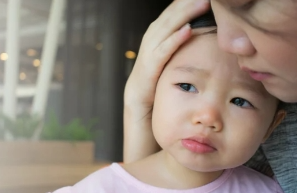
A child can be guided to become used to the thought of being apart from their parent or guardian by being gradually exposed to separation. As your child grows more accustomed to being apart from you, start with shorter separations and progressively increase the time. Going through this process, the child can gain self-assurance that they can handle short-term separation from their parents. It's critical to recognize their efforts in managing separations and to celebrate little victories.
3. Foster Positive Relationships with Caregivers:
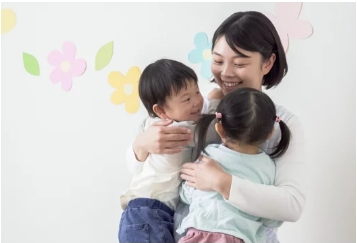
Building strong, positive relationships with the caregivers or teachers involved in your child's care is essential. Take the time to introduce your child to their caregivers or teachers. It is a great opportunity to tell your child that they are people whom you trusted and that they will take good care of your child. Remember, always have open communication with caregivers to stay informed about your child's experiences and their preferences or concerns.By establishing a collaborative bond with the caregivers, you create a supportive environment that benefits your child's development and growth.
4. Model Confidence and Positivity:
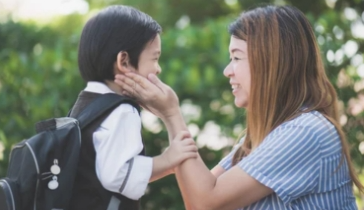
Children frequently mimic the feelings and actions of their parents or guardians. Being confident and cheerful when dropping off children can make a big difference in how they feel about being apart. Maintain a positive attitude, provide assurance, and demonstrate confidence that they will have a great day. Your upbeat demeanour will contribute to the comforting atmosphere that supports the belief that separations can be enjoyable experiences.
Remember, separation anxiety is a normal part of a child's development, and with time, most children adapt and become more comfortable with separation. However, if you have concerns about your child's ability to cope with separation, it's always a good idea to consult with your pediatrician for personalized advice and support.
By implementing these strategies and providing emotional support, parents can help their children navigate separation anxiety and foster their confidence in facing new challenges.




